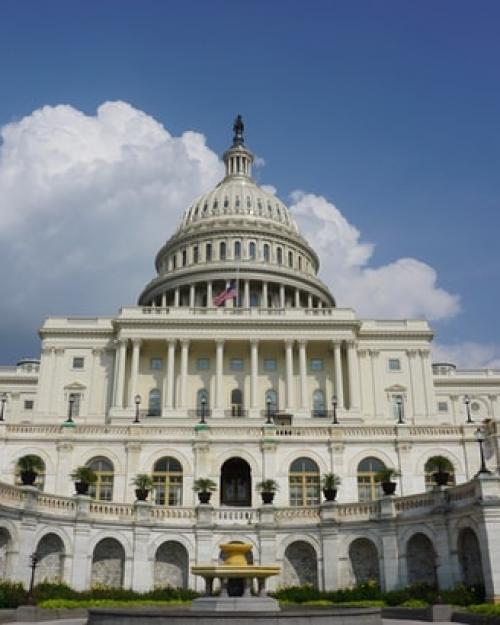The House Committee tasked with investigating events of Jan. 6 attack is expected to find Stephen Bannon, former adviser to President Donald Trump, in contempt of Congress this week. Bannon has refused to comply with a subpoena issued by the Committee, citing executive privilege.
Doug Kriner, professor of government at Cornell University and author of the book “Investigating the President: Congressional Checks on Presidential Power,” says the conflict indicates a need for reforms that would enable more powerful congressional oversight.
Kriner says:
“During his last two years in office, President Donald Trump launched an unprecedented assault on Congress’ oversight powers with blanket refusals to comply with congressional subpoenas and to turn over requested documents. Congress’ inability to gain access to information significantly hampered its ability to conduct meaningful oversight, including both impeachment investigations.
“Holding recalcitrant witnesses in contempt makes for good political theater. But it is unlikely to break the logjam and restore congressional oversight powers in the long-term. The continued stand-off clearly shows the need for more serious and thorough institutional reforms, including expedited procedures for judicial enforcement of congressional subpoenas.”
For media inquiries, contact Rachel Rhodes, 585-732-1877, rer252@cornell.edu.




